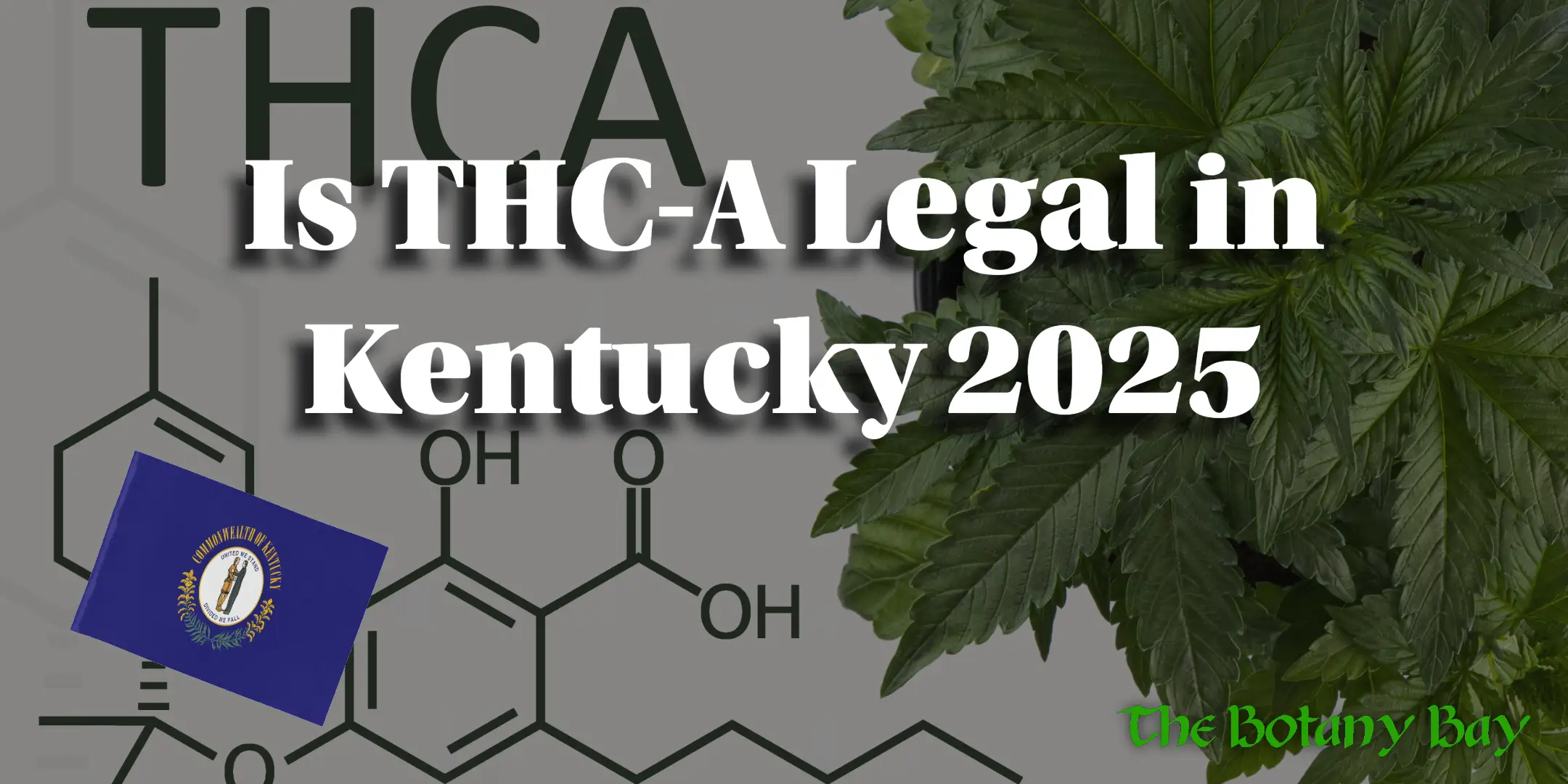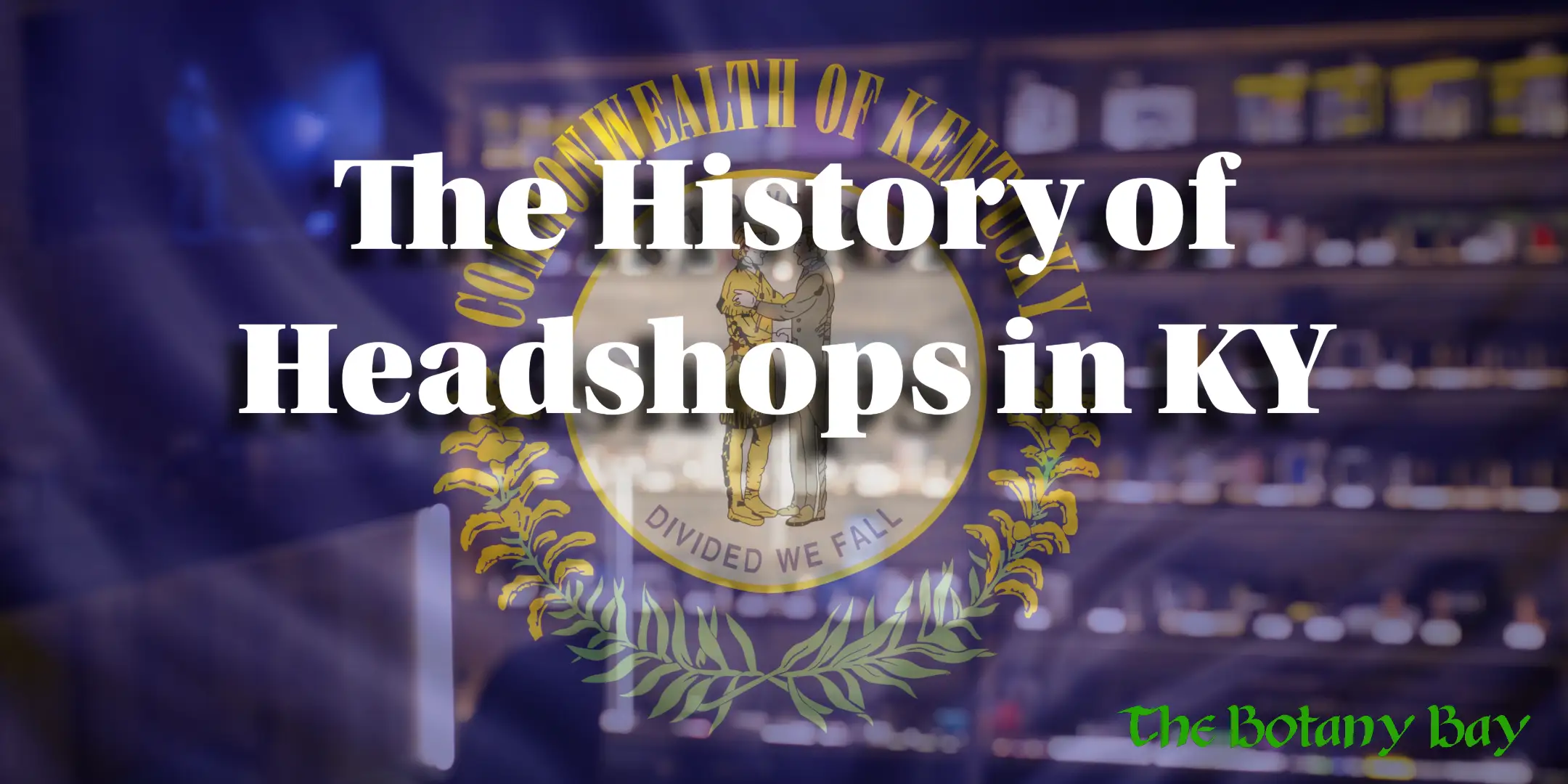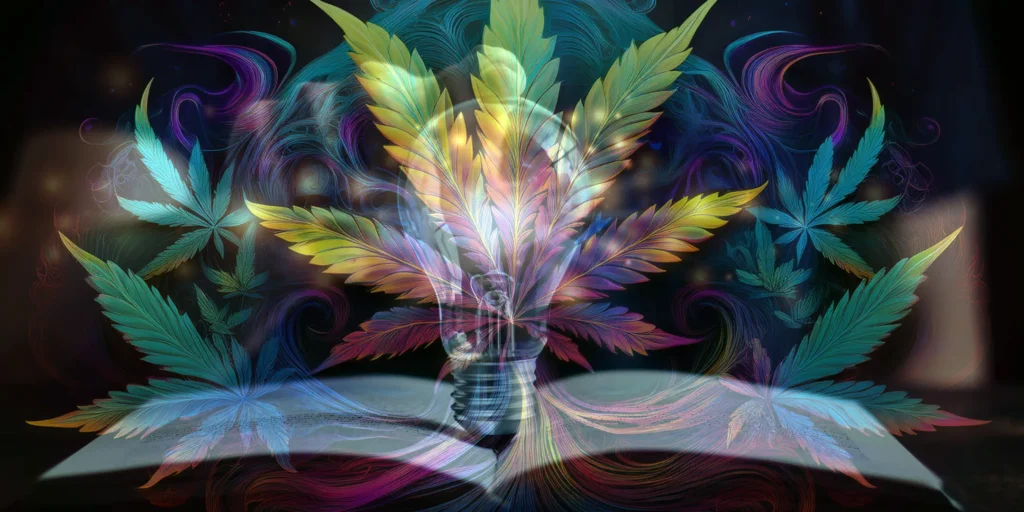
THCa has become one of the most discussed hemp cannabinoids in the U.S. But while federal law allows hemp-derived products under certain limits, Kentucky takes a stricter approach. If you’re wondering whether THCa is legal in Kentucky in 2025, the answer is complicated: THCa is federally legal, but raw hemp flower cannot be sold to consumers in Kentucky. Here’s what you need to know.
What Is THCa?
THCa (tetrahydrocannabinolic acid) is a natural cannabinoid found in hemp. In its raw state, it is not intoxicating. However, once heated, THCa converts into Delta-9 THC, the compound that is tightly regulated. This conversion is the reason Kentucky lawmakers have placed THCa flower under close restrictions. For more on how cannabinoids are defined and categorized, visit our education section.
Federal Hemp Rules for THCa
Under the 2018 Farm Bill, hemp products are federally legal if they contain less than 0.3% Delta-9 THC by dry weight. The law does not specifically ban THCa. This is why many hemp businesses across the country sell THCa flower and concentrates online. However, states can add their own restrictions, and Kentucky has done exactly that. To see what’s currently available for purchase, explore our online shop.
Kentucky Law in 2025 on THCa
Kentucky law is stricter than federal law when it comes to hemp flower:
KRS 260.858: Handling hemp plants without a license can carry the same penalties as handling marijuana.
302 KAR 50:070: Bans the sale of hemp flower directly to the public. Only licensed growers, processors, and handlers may transfer raw hemp flower, and only among each other.
Total THC Rule: Hemp products must remain under 5% total THC (including THCa after decarboxylation).
Because of these rules, consumers cannot legally buy THCa flower in Kentucky. Licensed businesses may work with it, but retail sales to the public are prohibited.
What This Means for Online Shoppers
Some online retailers advertise THCa flower shipping to Kentucky, but state law still applies once it arrives. While hemp-derived products under federal limits may be sold elsewhere, Kentucky’s ban on retail hemp flower means consumers in the state are not legally allowed to possess THCa flower. Other hemp-derived cannabinoids, such as Delta-8 or HHC, remain available under Kentucky’s hemp regulations, making Kentucky unique in treating THCa differently from other cannabinoids.
For hemp products that are permitted, you can explore our hemp-derived category in our online shop. Always review our shipping policy for up-to-date information.
The Bottom Line
Is THCa legal in Kentucky in 2025? Federally, yes, as long as it comes from hemp under 0.3% Delta-9 THC. But in Kentucky, raw hemp flower cannot be sold to consumers, even if it is labeled as THCa flower. Only licensed handlers may possess and transfer it. Other hemp-derived cannabinoids remain available for adult use, but THCa is treated differently here than in most states. You can always find up-to-date information in our education articles and browse products in our hemp-derived section.
FAQ Section
Is THCa legal in Kentucky in 2025?
THCa is federally legal if derived from hemp, but Kentucky bans retail sales of hemp flower. Only licensed handlers may possess it.
Can you buy THCa flower in Kentucky?
No. Under 302 KAR 50:070, raw hemp flower cannot be sold directly to consumers in Kentucky.
Can THCa be shipped to Kentucky?
While some online sellers ship THCa to Kentucky, state law prohibits consumers from possessing raw hemp flower once it arrives.
What makes Kentucky different from other states?
Kentucky is one of the only states that bans consumer sales of hemp flower while allowing other hemp-derived cannabinoids, such as Delta-8, to be sold.
Disclaimer
This article is for informational purposes only and does not provide legal advice. Hemp-derived products are intended for adults 21+ only where permitted. Always check local and state laws before purchase. Not evaluated by the FDA. Keep out of reach of children and pets.


